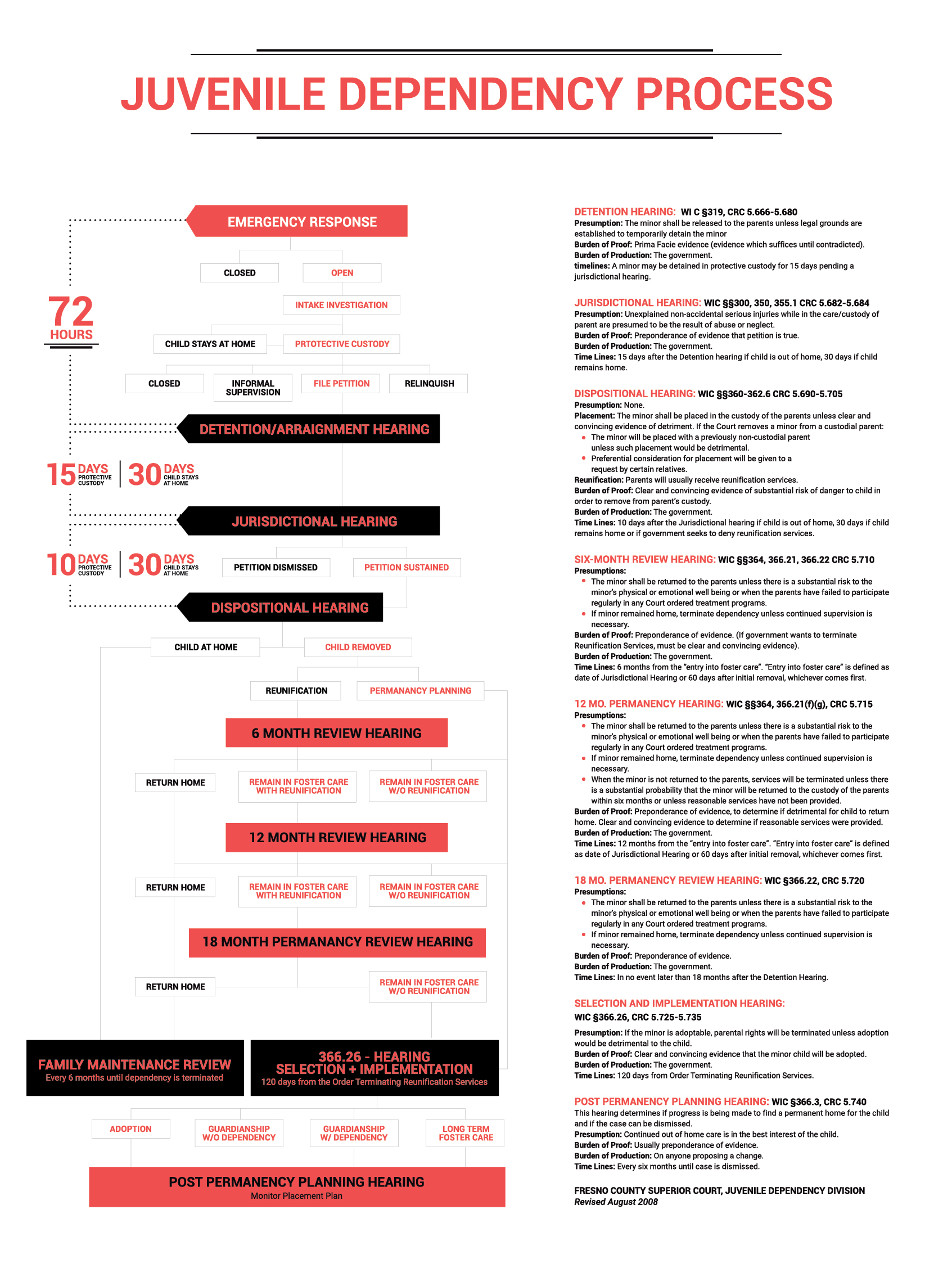Throughout our routines, we often encounter challenges that hinder productivity and personal growth. Among the most common issues o que é procrastinando are procrastination, emotional dependency, and impostor syndrome. These problems not only disrupt personal and professional life, but understanding them is the first step to overcoming them.
In this article, we’ll explore what these issues are, why they occur, and effective strategies to manage them. By gaining this knowledge, you can enhance your mental clarity and achieve your goals with confidence.
What is Procrastination?
Procrastination refers to the act of delaying tasks that are important. This behavior is often linked to emotional and psychological factors.

Research shows that procrastination is rooted in the brain’s preference for short-term rewards. People often procrastinate when they feel unmotivated or overwhelmed. Recognizing these triggers is essential to addressing the issue effectively.
How Emotional Dependency Affects Relationships
Emotional dependency occurs when someone relies heavily on others for approval, validation, or support. While seeking connection is natural, excessive emotional dependency leads to imbalance and stress.
People with emotional dependency often feel insecure without constant reassurance. It is usually linked to early attachment patterns, such as a fear of abandonment or low self-esteem. Building self-awareness and working on personal growth can help reduce dependency and promote emotional balance.
What is Impostor Syndrome?
Impostor syndrome is the persistent belief that one’s success is undeserved. Despite achieving success, individuals with impostor syndrome doubt their own abilities.

This mindset can lead to chronic stress, low self-confidence, and missed opportunities. Studies have found that addressing impostor syndrome requires acknowledging accomplishments, reframing negative thoughts, and seeking constructive feedback.
Strategies to Overcome These Challenges
To combat these challenges, consider implementing the following strategies:
- For procrastination: Set small, manageable goals and practice time management strategies such as the Pomodoro Technique.
- For emotional dependency: Focus on building self-esteem through activities like self-reflection and personal growth exercises.
- For impostor syndrome: Keep a journal of your achievements and seek support from trusted mentors or peers.
The key to lasting change—practice these techniques daily to create long-term improvement.
Conclusion: Taking Charge of Your Mental Habits
These common psychological challenges don’t have to define your life. When you take proactive steps to address these issues, you set the stage for a more productive, confident, and fulfilling future.
Begin today—choose one strategy from this article and commit to making gradual progress. Over time, you’ll see improvements in your mindset and daily life.